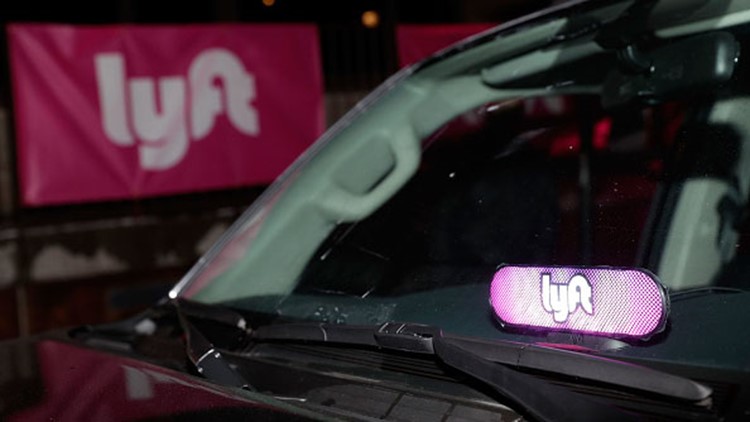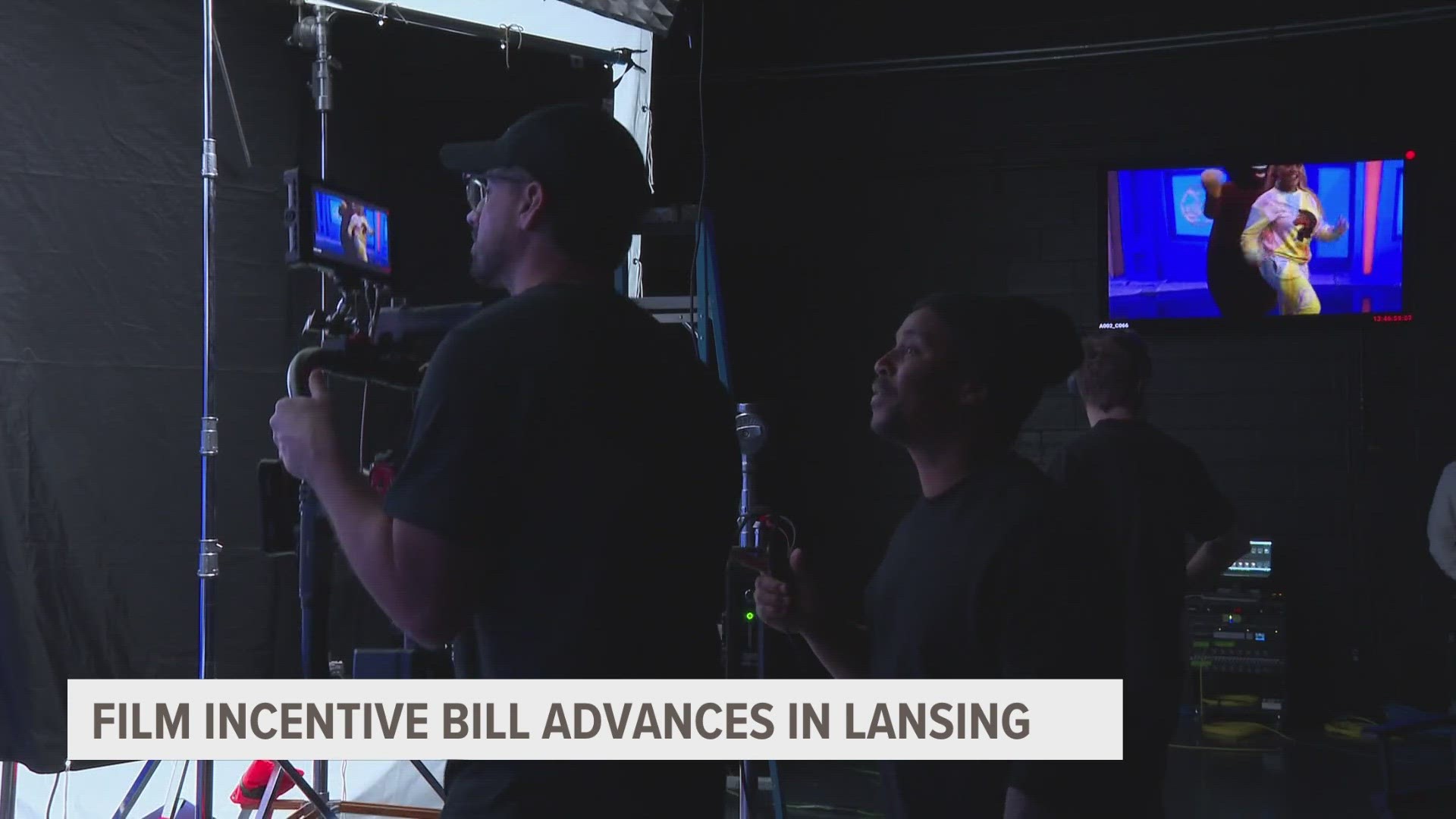Some Uber customers vowed to turn their back on the ride-hailing company after a string of revelations about unethical practices and workplace harassment. They apparently did more than just grouse.
According to research firm eMarketer, fewer people will ride with Uber than originally projected, while rival Lyft is narrowing the gap.
"Lyft benefitted tremendously from Uber's troubles in 2018," says Shelleen Shum, eMarketer's forecasting director.
However, don't cry for Uber. It will continue to be the dominant player in the ride-hailing industry, but with less of a market share than originally projected, says eMarketer.
“Uber’s brand image took an even bigger hit than expected," says Shum. “To make things worse for Uber, Lyft—which had been rapidly expanding its coverage—seized on the opportunity to brand itself as a more socially-conscious alternative.”
Some 48 million people will ride Uber this year in the United States, which is up 18% over 2017's 40.7 million, but lower than eMarketer's original projection of 51.4 million. Rival Lyft will serve 29.9 million riders in 2018. That's a 41% jump over 2017, notes eMarketer.
While the gap is still wide between Uber and Lyft, eMarketer says the two should get closer within the next five years. By 2021, Uber will have 62.6 million U.S. riders, to 47.8 million for Lyft.
Both Lyft and Uber are in about 300 U.S. cities, and the runner-up has benefitted from being No. 2, says Shum, because Uber created awareness and addressed regulatory issues.
Shum expects Uber to remain on top for at least the next 5 years. While many people deleted their Uber accounts in protest to the reports of sexual misconduct at the company, "not everybody did, nor saw a reason to switch," says Shum.
Uber's 2017 featured an unrelenting stream of revelations about the company's business practices and workplace culture, from its use of a fake version of its app to dupe municipal regulators to a senior executive's sharing of medical records of an Uber driver's rape victim.
Co-founder Travis Kalanick was ousted as CEO of Uber in June and replaced by former Expedia CEO Dara Khosrowshahi, who has promised a new way of doing business at the ride-hailing company.
Tuesday, Uber said it would no longer require people who have filed cases alleging sexual assault or rape against the ride-hailing companies or its drivers to take their claims to forced arbitration. Lyft followed Uber by making a similar announcement.
In April, 14 women who alleged they were sexually assault or raped by their Uber drivers sent a letter to the company's board asking that their collective cases go to court, rather than to an arbitrator.



